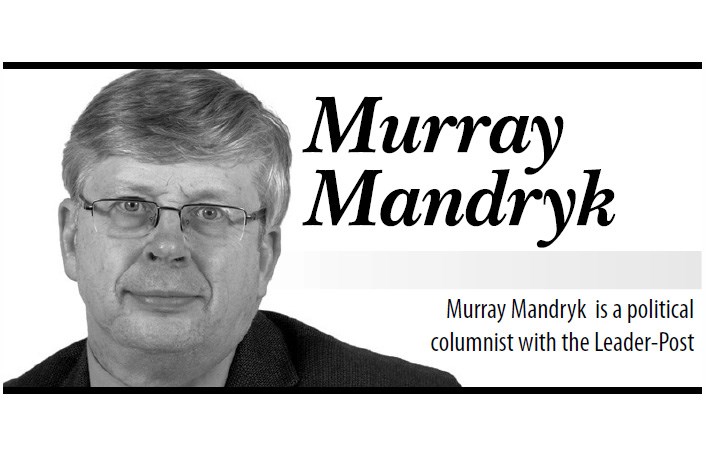So who’s the biggest employer in Saskatchewan?Agriculture? Oil? Government?
Well, there’s a pretty argument that it’s the trade sector.
Yes trade. It’s not something that’s always top-of-mind, but something that’s so very critical to our resource-export based economy in his province.
And it’s especially critical to rural folks who might have less people in their communities working in the retail or for government.
It’s also the reason why the recently reached TransPacifi c Partnership is such a very big deal in this province – particularly in rural areas most reliant on moving their commodities to a willing buyer.
In fact, Saskatchewan exported $35.3 billion in goods in 2014 and roughly $25 million – 71 per cent – was with the 11 nations that are now Canada’s partner in the TPP.
Trade, according to the Saskatchewan government’s own numbers, accounts for 20 per cent of all jobs in the province – an amazing 114,000 jobs out the current 571,000 working people.
More to the point of the TPP accounting for 71 per cent of our trade, that would then mean 81,000 jobs in this province (or 14 per cent of total Saskatchewan employment) can attributed to doing business with 11 countries.
That number would make for the third biggest city in the province – a city bigger than Moose Jaw and Prince Albert combined.
It’s hard to imagine, but maybe a little easy to comprehend when you consider all the industries that have been hit by tariffs in the past and now will benefit from the TPP.
The deal should mean duty-free market access for the majority of industrial goods, including metals and minerals, agricultural equipment, most agricultural and agri-food products, feed wheat and feed barley, canola seeds and oils, dried peas/beans and even dog and cat food.
It should also enhance market access for food wheat, food barley and malt and wood products, including lumber and oriented strand board.
And then there are the things we think less about like improved market access for high-skilled Canadian business people, more transparent and predictable access for services suppliers like construction and research and development and more predictable, non-discriminatory rules for Canadian investors.
And then there will be stronger provisions on non-tariff measures that should benefit from faster and effective dispute settlement provisions.
Consider some of the tariffs Canadian exporters have faced in the Pacific region – five to 10-percent tariffs in Japan and Vietnam on agriculture products, as much as 38 per cent in Japan on Canadian beef, five-to 30-percent tariffs in Vietnam, Australia, New Zealand and Malaysia on agricultural equipment and 15percent tariffs in Japan and Vietnam on canola.
Of course, not all tariffs will be totally eliminated by the TPP deal. Eliminating tariffs will take five years, anyway.
And one can’t exclude those who will be hurt by any such trade – those in the diary and poultry industry that will see other countries have access to their markets and those in the auto sector where we will now see what is considered a Canadian car now have a smaller percentage of car parts made in this country.
These issues are not local ones but as a national deal, we can’t exclusively view it as to how it impacts us.
That said, Prime Minister Stephen Harper has vowed to provide help for the dairy and poultry industries (even though he isn’t a great believer in supply management) and for the auto sector (even though he doesn’t favour bailout).
Ultimately, though, what voters will need to assess is how this gigantic trade deal impacting 40 per cent of the world economy will impact their own livelihoods.
Maybe it isn’t the vote-determining, hot-button issue that the original Canada-U. S. trade was during the 1988 election.
But signing this trade deal two weeks before the vote should be a big deal for voters here.




